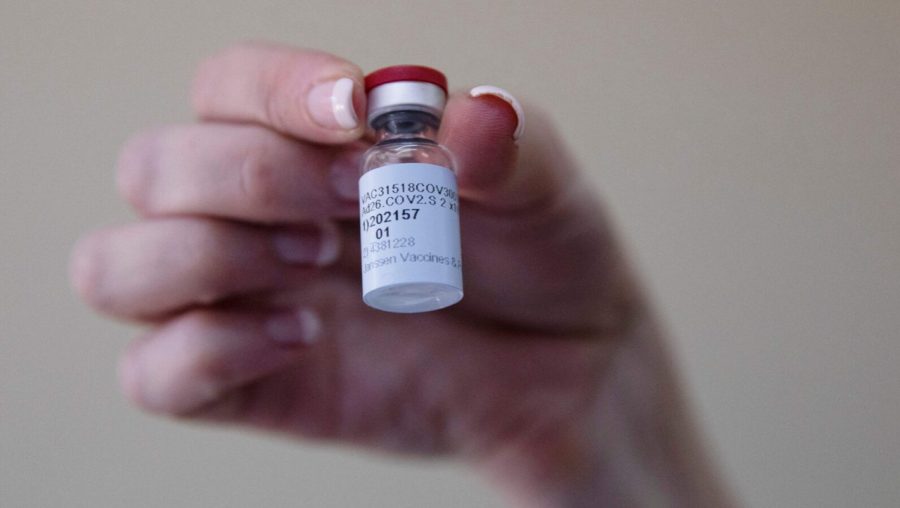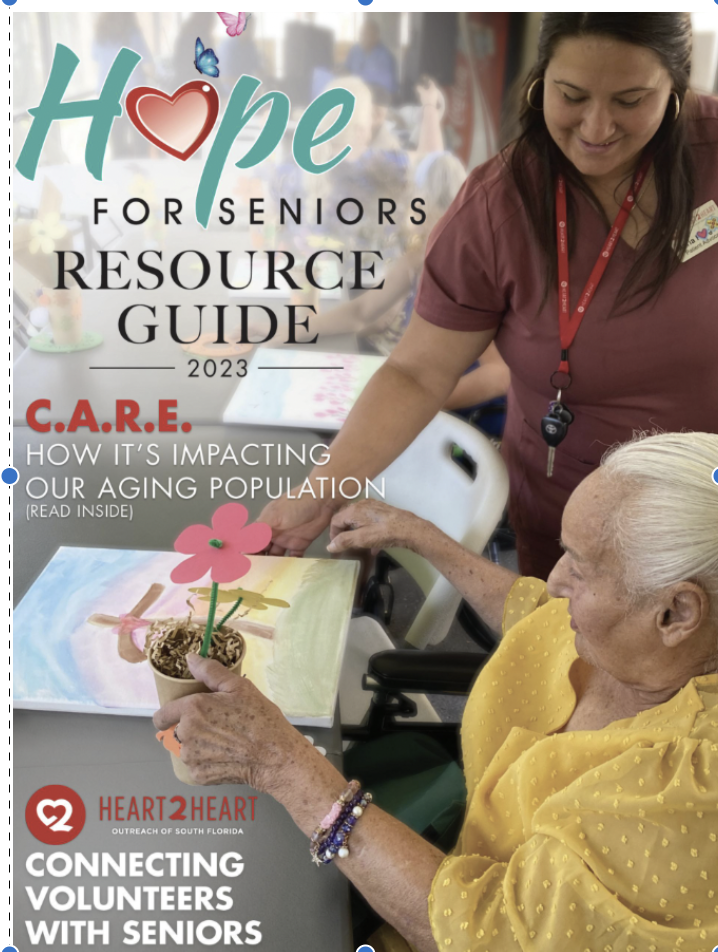Johnson & Johnson Vaccine Officially Paused Due to Unusual Health Concerns
April 16, 2021
On Tuesday, US authorities officially stated that the US would halt its usage of the Johnson and Johnson COVID vaccine. It is currently under investigation by medical professionals, as 6 women have contracted serious blood clotting problems, one of them proving fatal.
They resemble a certain result of Johnson and Johnson’s US clinical trial. At the time, this caused them to stop with the trials. Although the problem has proven to be incredibly rare, it has been acknowledged by higher ups and federal officials.
The incident has raised many questions about the actual process behind creation of the vaccine. The normal aim of vaccines that defend against cold like sicknesses is to hinder the ability of their spike protein to attach to the immune system. In these rare blood clotting cases, the immune system reacts in an unexpected way, leading to clotting.
Johnson and Johnson has come out and said that they are working with healthcare officials and experts to research this peculiar repercussion, and no such effects have come from the Pfizer and Moderna vaccines.
Of course, I asked some juniors at ILS how they viewed this issue. Maria Meyer stated that because these vaccines came out so recently, she doesn’t “think it’s surprising that there were side effects.” She also added that vaccine rates may go down from thus event, as people steer away from the Johnson and Johnson vaccine altogether.
Mia Castellon contended that pausing the distribution of the vaccine was necessary, “but the vaccines should be replaced so that vaccine rates don’t decrease.”
Building off of what Castellon said, it is imperative that people continue getting vaccinated with the other available doses. If people do their part and are eligible to receive a vaccine, it could help our community get back to normal quicker. It is important to remember that this health issue is very rare, and that it does not reflect the effectiveness of vaccines made by other companies.
To read more about this topic, go here. Stay safe out there!















